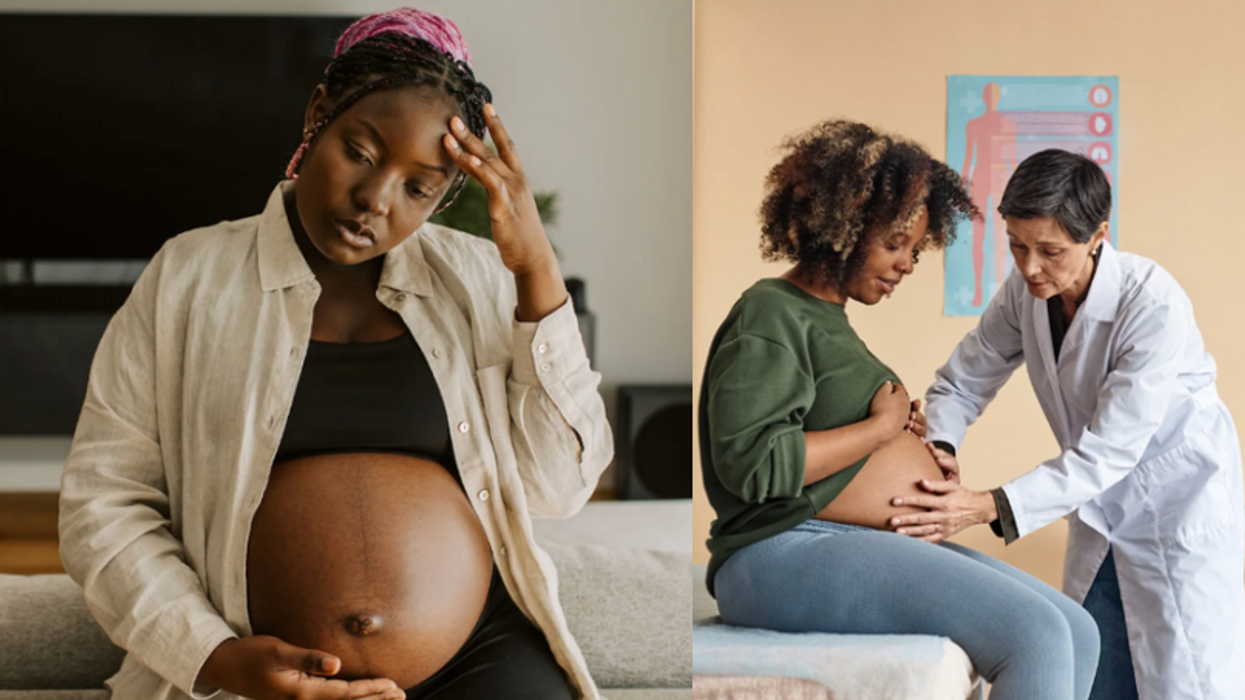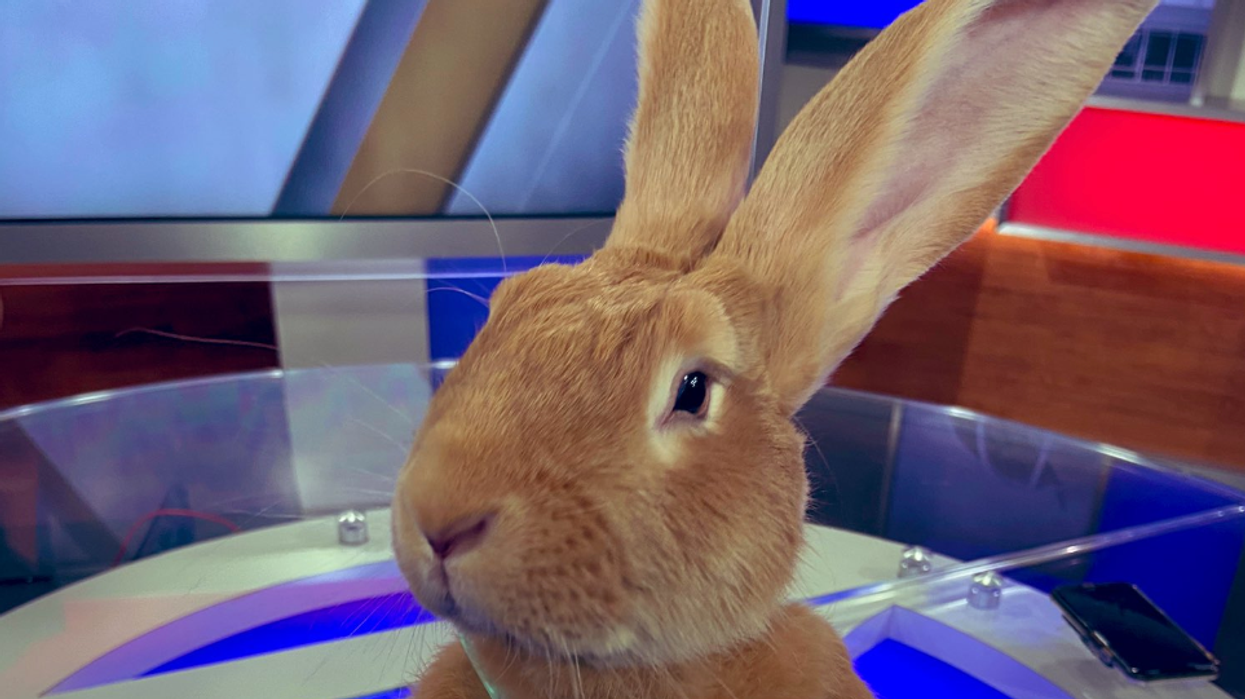It’s become a cliché in American politics for leaders and activists to say, “We need to open up a dialogue about race.” But the conversation rarely happens. And when it does, it’s usually between two sides with deeply-held positions and no intentions of changing their minds. But on Sunday, a long-overdue, spontaneous, open and substantive discussion on race happened on CSPAN.
Heather McGhee, president of the public policy group Demos, was a guest on Washington Journal when a white man called in seeking advice from an African-American. “I was hoping your guest could help me change my mind about some things,” the caller said, addressing McGhee. “I’m a white male, and I am prejudiced.” McGhee slowly closed her eyes, sighed, and gave the man his full attention.
Here’s his call:
I’m a white male, and I am prejudiced. And the reason it is is something I wasn’t taught, but it’s kind of something that I learned. When I open up the papers, I get very discouraged at what young black males are doing to each other and the crime rate. I understand that they live in an environment with a lot of drugs — you have to get money for drugs — and it is a deep issue that goes beyond that. But when, I have these different fears, and I don’t want my fears to come true. You know, so I try to avoid that, and I come off as being prejudiced, but I just have fears. I don’t like to be forced to like people. I like to be led to like people through example. What can I do to change? You know, to be a better American?
Although the man openly admitted he was prejudiced had problems with the black community, it was obvious from the calm look on McGhee’s face that this was an opportunity to create real change. Instead of chastising him, she praised the caller. “Your ability to just say ‘This is what I have. I have these fears and prejudices and I want to get over them’ is one of the most powerful things that we can do right now at this moment in our history,” McGhee said. She then answered the man’s question, giving him advice for how he can overcome his prejudices.
McGhee’s answer:
So what can you do? Get to know black families, who are not all and not even any majority are involved in crime and gangs. Turn off the news at night, because we know … that, actually, nightly news and many media markets that have been studied actually over-represents African-American crime and under-represents crimes that happen by white people. Join a church if you are a religious person that is a black church or a church that is interracial. Start to read about the history of the African-American community in this country. Foster conversation in your family and in your neighborhood where you’re asking exactly those kinds of questions.
This fear of communities that we do not live near … We are still a very, very segregated country. Millions of white Americans live in places where they rarely see anyone of a different race. This fear and set of ideas that we only get from the worst possible news, it’s tearing us apart. And we know that in order to be — our name means the people of a nation, “Demos” — in order to be a Demos, that is united across lines of race and class and gender and age, we have to foster relationships. We have to get to know who one another actually is. And we’re always, I think, as Americans, surprised when we build relationships across race.














